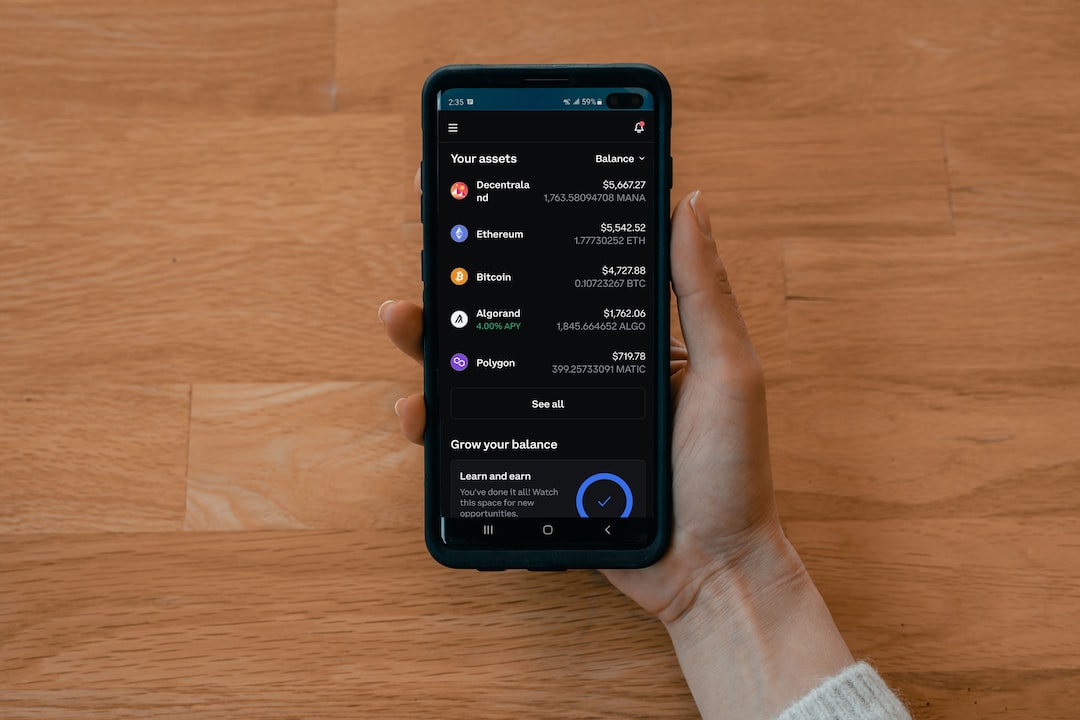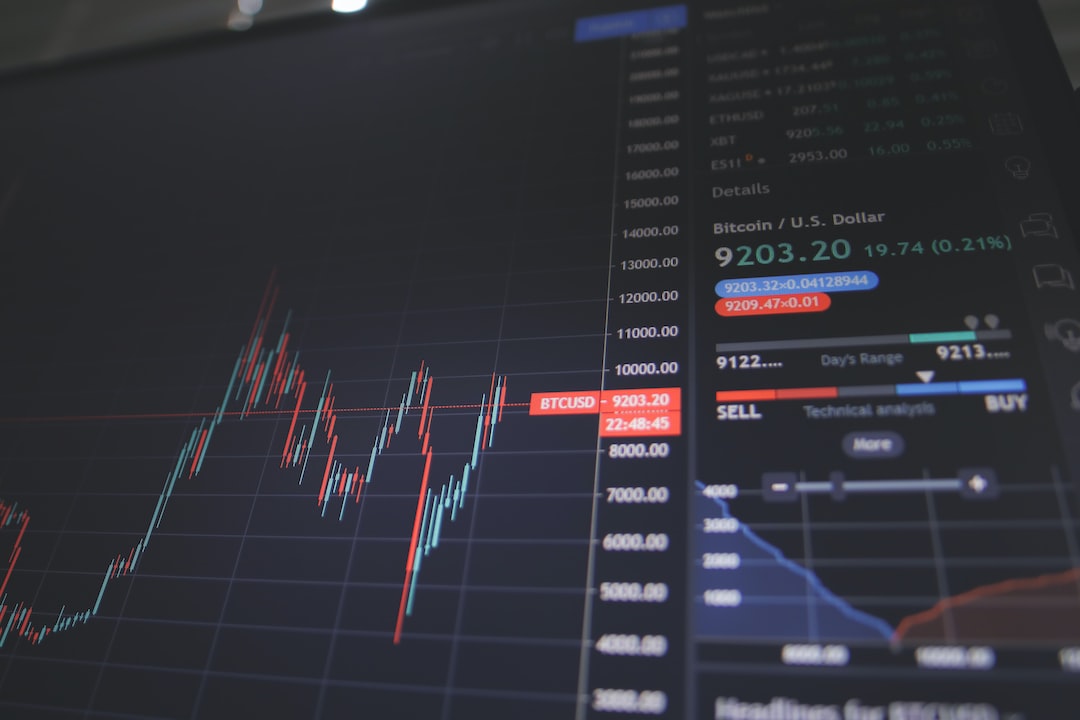Regulatory Developments in the Asian Crypto Industry
As the year comes to a close, significant regulatory developments have shaped the cryptocurrency industry in Asia. Hong Kong has emerged as a leading hub for crypto and Web3 innovation.
Hong Kong: A Growing Web3 Hub
Hong Kong introduced its crypto licensing regime in June, granting licenses to HashKey and OSL. In October, the Securities and Futures Commission expanded its guidance on virtual asset-related activities, and in November, it published circulars to oversee digital asset tokenization activities. Despite recent crackdowns on JPEX, Hong Kong remains committed to Web3 growth.
The regulatory regime in Hong Kong provides a competitive advantage for compliant digital asset businesses. The city has been praised for its stable and reliable framework.
Singapore: Attracting Global Crypto Companies
Singapore continues to attract global companies in the crypto and Web3 space. The Monetary Authority of Singapore has granted licenses to Coinbase and Circle. Gemini plans to expand its presence in Singapore with over 100 employees. Grab, a popular ride-hailing app, has incorporated Web3 services with NFT wallets and participated in a pilot study with the MAS.
Japan, South Korea, and Taiwan: Formulating Regulations
Japan revised the Payment Services Act to establish stablecoin-related regulations and partnered with Circle to expand its presence. Busan, South Korea’s second-largest city, aims to launch a digital assets exchange. South Korea’s National Pension Service purchased Coinbase shares. Taiwan is proposing a draft crypto act that requires permits for all crypto platforms operating in the country.
Hot Take: Asia’s Crypto Regulatory Landscape
The regulatory landscape for cryptocurrencies in Asia has seen significant developments this year. Hong Kong and Singapore have emerged as leading hubs, attracting global companies and implementing comprehensive regulations. Despite challenges, both jurisdictions remain committed to Web3 growth.





 By
By
 By
By
 By
By
 By
By
 By
By